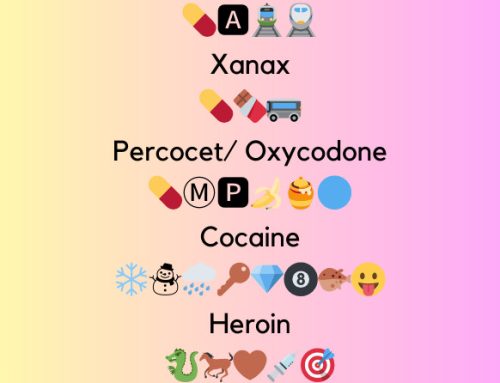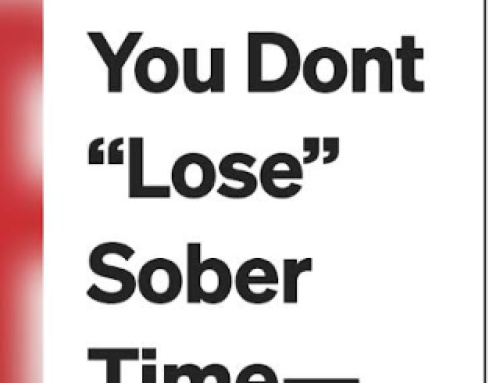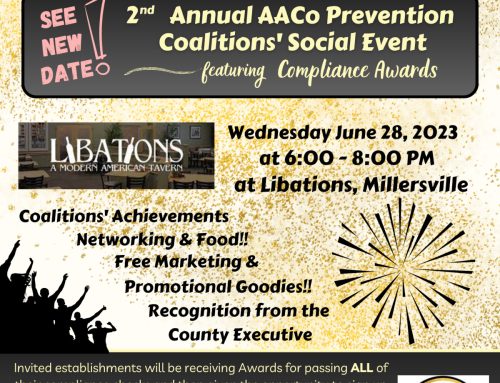
While parent-child conversations about not drinking are essential, talking isn’t enough—you also need to take concrete action to help your child resist alcohol. Research strongly shows that active, supportive involvement by parents and guardians can help teens avoid underage drinking and prevent later alcohol misuse.
The battle of trust versus truth takes place at the intersection of independence and responsibility.
In a recent national survey, 64 percent of eighth-graders said alcohol was “fairly easy” or “very easy” to get and 32 percent reported drinking within the last year. The message is clear: Young teens still need plenty of adult supervision. Some ways to provide it:
Monitor Alcohol Use in Your Home. If you keep alcohol in your home, keep track of the supply. Make it clear to your child that you don’t allow unchaperoned parties or other teen gatherings in your home. If possible, however, encourage him or her to invite friends over when you are at home. The more entertaining your child does in your home, the more you will know about your child’s friends and activities.
Connect With Other Parents. Getting to know other parents and guardians can help you keep closer tabs on your child. Friendly relations can make it easier for you to call the parent of a teen who is having a party to be sure that a responsible adult will be present and that alcohol will not be available. You’re likely to find out that you’re not the only adult who wants to prevent teen alcohol use—many other parents share your concern.
Keep Track of Your Child’s Activities. Be aware of your teen’s plans and whereabouts. Generally, your child will be more open to your supervision if he or she feels you are keeping tabs because you care, not because you distrust him or her.
Develop Family Rules About Youthful Drinking. When parents establish clear “no alcohol” rules and expectations, their children are less likely to begin drinking. Although each family should develop agreements about teen alcohol use that reflect their own beliefs and values, some possible family rules about drinking are:
-
Kids will not drink alcohol until they are 21.
-
Older siblings will not encourage younger brothers or sisters to drink and will not give them alcohol.
-
Kids will not stay at teen parties where alcohol is served.
-
Kids will not ride in a car with a driver who has been drinking.
Set a Good Example. Parents and guardians are important role models for their children—even children who are fast becoming teenagers. Studies indicate that if a parent uses alcohol, his or her children are more likely to drink as well. But even if you use alcohol, there may be ways to lessen the likelihood that your child will drink. Some suggestions:
-
Use alcohol moderately.
-
Don’t communicate to your child that alcohol is a good way to handle problems. For example, don’t come home from work and say, “I had a rotten day. I need a drink.”
-
Let your child see that you have other, healthier ways to cope with stress, such as exercise; listening to music; or talking things over with your spouse, partner, or friend.
-
Don’t tell your kids stories about your own drinking in a way that conveys the message that alcohol use is funny or glamorous.
-
Never drink and drive or ride in a car with a driver who has been drinking.
-
When you entertain other adults, serve alcohol-free beverages and plenty of food. If anyone drinks too much at your party, make arrangements for them to get home safely.
Don’t Support Teen Drinking. Your attitudes and behavior toward teen drinking also influence your child. Avoid making jokes about underage drinking or drunkenness, or otherwise showing acceptance of teen alcohol use. Never serve alcohol to your child’s underage friends. Research shows that kids whose parents or friends’ parents provide alcohol for teen get-togethers are more likely to engage in heavier drinking, to drink more often, and to get into traffic crashes. Remember, too, that in almost every State it is illegal to provide alcohol to minors who are not family members.
Help Your Child Build Healthy Friendships. If your child’s friends use alcohol, your child is more likely to drink too. So it makes sense to try to encourage your young teen to develop friendships with kids who do not drink and who are otherwise healthy influences on your child. A good first step is to simply get to know your child’s friends better. You can then invite the kids you feel good about to family get-togethers and outings and find other ways to encourage your child to spend time with those teens. Also, talk directly with your child about the qualities in a friend that really count, such as trustworthiness and kindness, rather than popularity or a “cool” style.
When you disapprove of one of your child’s friends, the situation can be tougher to handle. While it may be tempting to simply forbid your child to see that friend, such a move may make your child even more determined to hang out with him or her. Instead, you might try pointing out your reservations about the friend in a caring, supportive way. You can also limit your child’s time with that friend through your family rules, such as how after-school time can be spent or how late your child can stay out in the evening.
Encourage Healthy Alternatives to Alcohol. One reason kids drink is to beat boredom. So it makes sense to encourage your child to participate in supervised after-school and weekend activities that are challenging and fun. According to a recent survey of preteens, the availability of enjoyable, alcohol-free activities is a big reason for deciding not to use alcohol.
If your community doesn’t offer many supervised activities, consider getting together with other parents and teens to help create some. Start by asking your child and other kids what they want to do, because they will be most likely to participate in activities that truly interest them. Find out whether your church, school, or community organization can help you sponsor a project.
Source: Make A Difference: Talking To Your Child About Alcohol https://www.niaaa.nih.gov/publications/brochures-and-fact-sheets/make-a-difference-child-alcohol#TakingAction




